It happens every year around December 10th. I’ll be standing at the stove cooking dinner, or simply waiting at the bus shelter when I suddenly get a little choked up. Or a lot choked up, depending on the year.
This Saturday will be one of those days — International Human Rights Day, the anniversary of the first global expression of the rights to which all human beings are inherently entitled. It was on that day in 1948, with Eleanor Roosevelt front and center, that the United Nations officially adopted the Universal Declaration of Human Rights.
In a world of grave abuses and daily bloodshed, it’s so easy to dismiss the day as one more marginally important commemoration for the overly-idealistic.
But this weekend, I plan to pause in the midst of the pre-holiday frenzy to remember the amazing human rights defenders I’ve been so fortunate to work with over the years. I’d like to share a little about a few of them personally. But please know that there are many other equally-deserving activists I will gladly bend your ear about any time.
Aminatou Haidar, known as the Sahrawi Gandhi,is the leader of the nonviolent struggle to free the people of Western Sahara from Morocco’s 36-year occupation.
This is a tough battle to wage: while the Moroccan government pours millions of dollars into lobbying and sophisticated pr to maintain control over the resource-rich land, the Sahrawi mainly live in refugee camps and impoverished desert towns patrolled by Moroccan military. A UN-administered referendum, promised in 1988, has never been held to decide the issue, and peaceful Sahrawi activists like Aminatou herself have been imprisoned and brutally beaten.
I first met Aminatou in 2009 when she came to the U.S. to receive the prestigious Civil Courage Prize. In between our meetings and briefings on the state of Western Sahara, we discovered we have so many things in common that Aminatou started calling me “sister.”
On her way home from her time here, she was deported by Morocco to the Canary Islands and nearly died on a hunger strike. After 32 days, vomiting blood and suffering aggravated complications resulting from her time in Moroccan prisons, a victorious Aminatou was flown on a small medical transport plane to her awaiting family.
In her holiday letter, she summed up her approach to human rights and the importance of collective action in these situations:
“No boundaries can stop the flood of noble and beautiful human feelings coming from all countries, crossing continents. Oh how powerful were those moments with all their strong symbolism, how warm they were, like the warmth of the affection of motherhood and fondness of the homeland, moments that express the most beautiful meanings life can have.”
Anna Politkovskaya was a fearless Russian journalist whose dispatches from the brutal war in Chechnya famously led to death threats and poisoning.
When I met Anna in 2005, she told me casually over our bowls of steaming Chinese noodles in midtown Manhattan: “They will probably kill me one day; I know that. But I owe it to so many people who trusted me with their stories to make sure that I tell what’s happening. I won’t be stopped by threats.”
This story has a tragic ending. Anna Politkovskaya was shot to death in the elevator of her Moscow apartment on October 7, 2006, in what many call a politically motivated attempt to further squelch freedom of the press in Russia.
The former Soviet president Mikhail Gorbachev called her killing “a savage crime.” “It is a blow to the entire democratic, independent press,” he told the Interfax news agency. “It is a grave crime against the country, against all of us.”
Rafael Marques de Morais is an Angolan journalist and human human rights activist whose reports on the diamond industry and government corruption have earned him international acclaim.
He’s got serious chutzpa — recently Rafael filed a criminal complaint in Angola against two diamond mining companies and their directors, who include a number of top military officers and others with substantial economic and political influence. He alleges that all of them have committed “crimes against humanity.”
Rafael also happens to be an amazingly warm person, with a wide smile and a deep and easy laugh. My kids especially appreciate his fancy soccer footwork and specialty dish made with sweet plantains.
Min Ko Naing is Burma’s most prominent student leader. As he has spent most of the past 22 years in prison, I have not met him face-to-face, though I ardently dream of doing so someday. “Min Ko Naing” is actually his nom de guerre. It means “conqueror of kings.”
Min Ko Naing’s letters, poems and statements influenced students and the people of Burma to challenge the country’s dictators. The 1988 movement, led by activist students, toppled the so-called socialist regime of Gen Ne Win.
There are rumors that he and hundreds of other political prisoners may be released in the coming weeks. Others aren’t as optimistic. Of his struggle, he has so humbly said: “I’ll never die. Physically, I might be dead, but many more Min Ko Naings would be appear to take my place.”
However you acknowledge International Human Rights Day — whether by writing a letter, making a holiday donation to a human rights organization, or simply having a moment of reflection — I hope you too are inspired by the best of humanity reflected in these brave individuals.
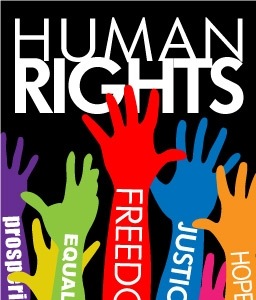
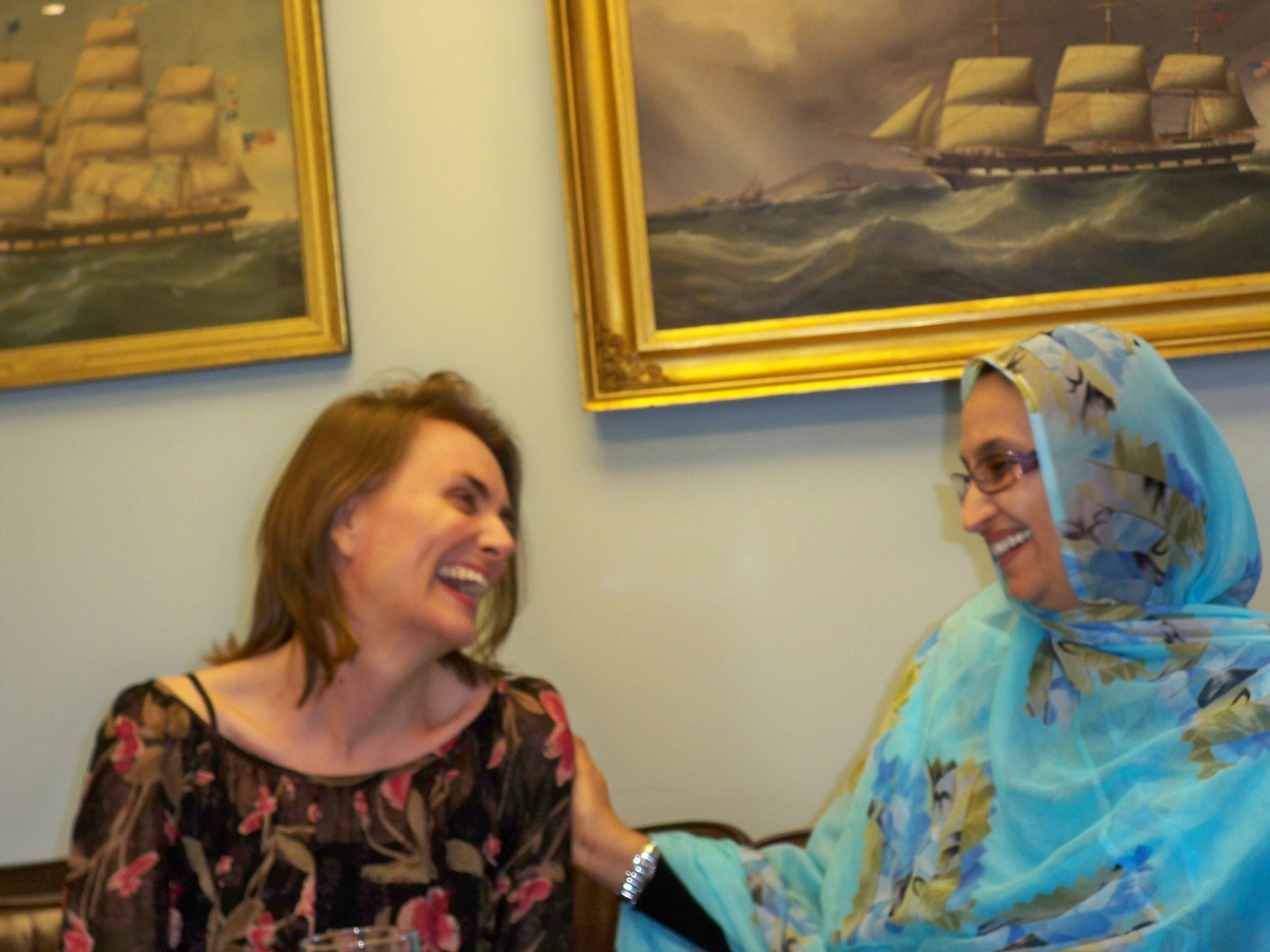
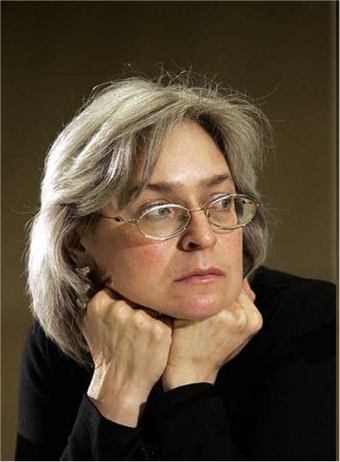
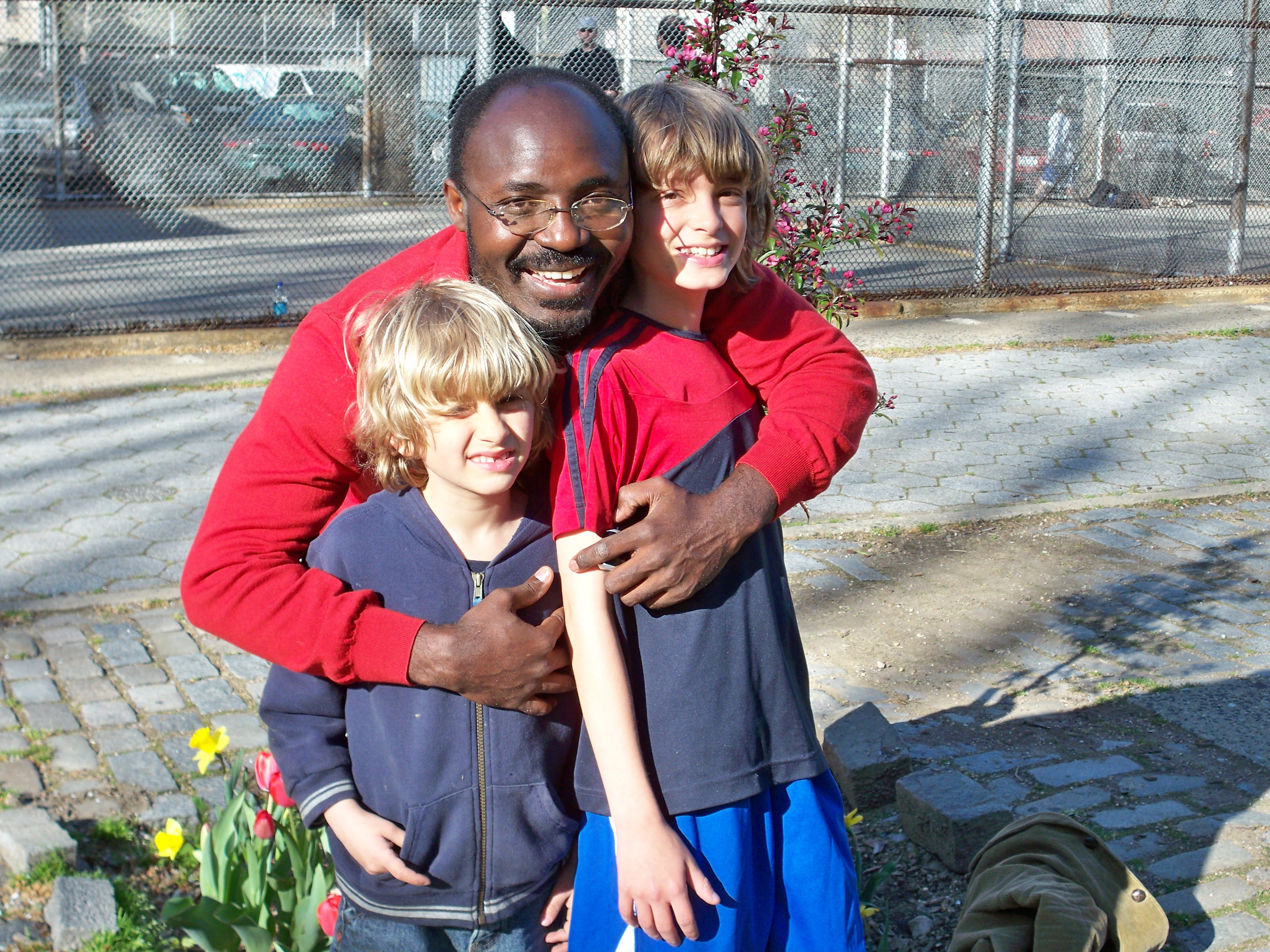
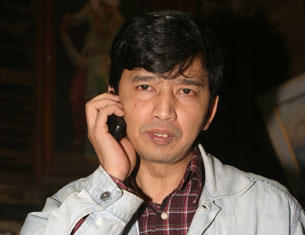


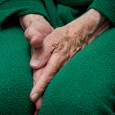


Thanks for bringing these brave people to our attention, how cool that you get to hang out with these great souls, and such a tragedy what happened to Anna Politkovskaya. The pic with Rafael and your kids is priceless!
I’m telling you, Sven, it’s been such a gift. What I love is that all of them were every day people like the rest of us until they looked around and noticed that the injustice in the world was too much to bear. Then they all jumped into action — heart, mind and soul. Imagine what the world would be like if we all had even 1/100th of their passion for something!